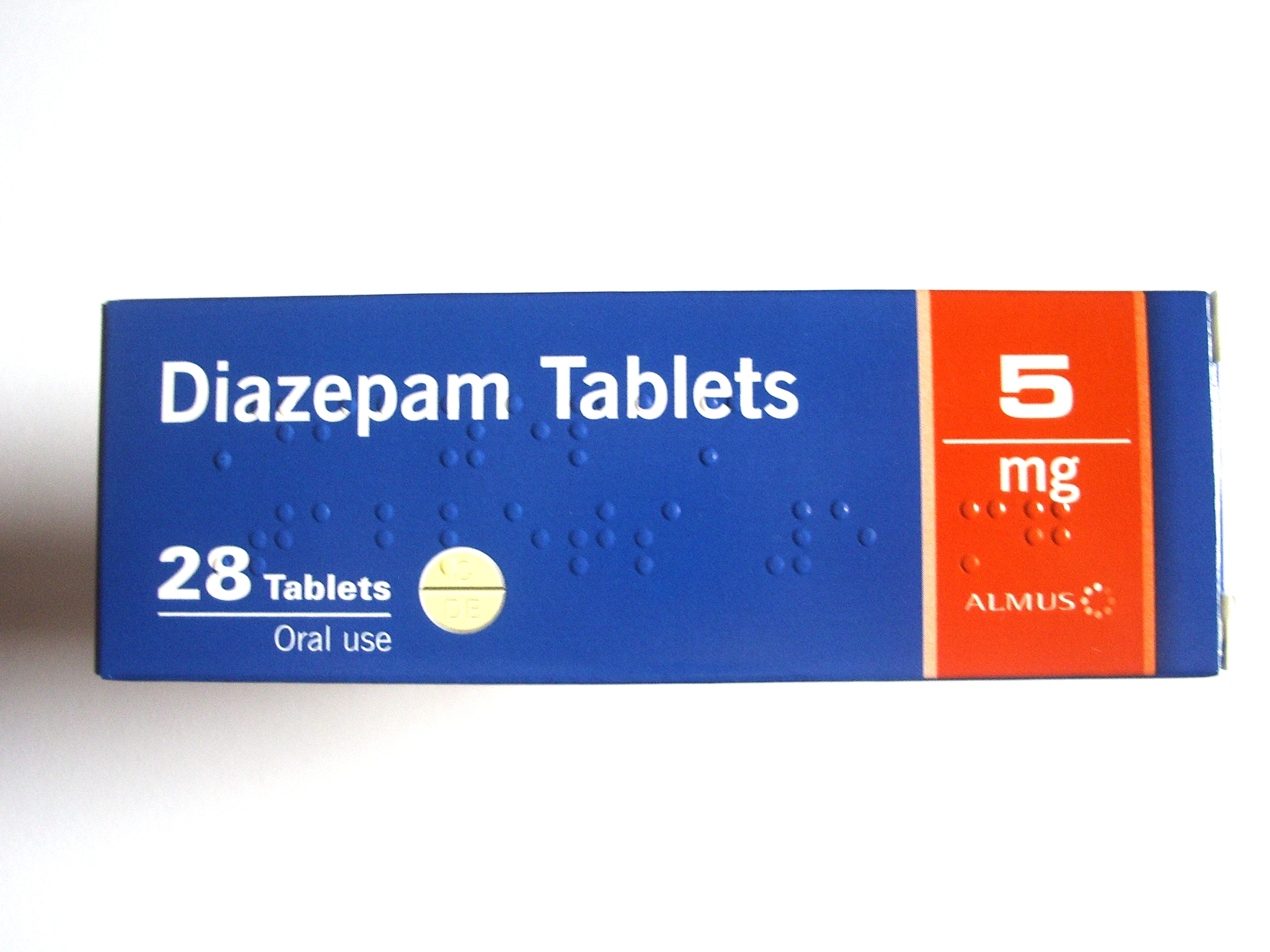Diazepam 5mg
Diazepam 5mg, is used to treat anxiety, alcohol withdrawal, and seizures. It is also used to relieve muscle spasms and to provide sedation before medical.
What is Diazepam.
Diazepam belongs to a group of medicines called benzodiazepines.
It’s used to treat anxiety, muscle spasms and fits (seizures). It’s also used in hospital to reduce alcohol withdrawal symptoms, such as sweating or difficulty sleeping.
It can also be taken to help you relax before an operation or other medical or dental treatments. This is known as a “pre-med”.
Diazepam is available on prescription only.
It comes as tablets, a liquid that you swallow, or in a rectal tube (medicine that’s squeezed into your anus). It can also be given as an injection in hospital.
Diazepam Uses
Diazepam is used to treat anxiety, alcohol withdrawal, and seizures.
It is also used to relieve muscle spasms and to provide sedation before medical procedures.
This medication works by calming the brain and nerves. Diazepam belongs to a class of drugs known as benzodiazepines.
Diazepam Interactions
If diazepam is administered concomitantly with other drugs, attention should be paid to the possible pharmacological interactions. Particular care should be taken with drugs that potentiate the effects of diazepam, such as barbiturates, phenothiazines, opioids, and antidepressants.
Diazepam does not increase or decrease hepatic enzyme activity, and does not alter the metabolism of other compounds. No evidence would suggest diazepam alters its own metabolism with chronic administration.
Agents with an effect on hepatic cytochrome P450 pathways or conjugation can alter the rate of diazepam metabolism. These interactions would be expected to be most significant with long-term diazepam therapy, and their clinical significance is variable.
- Diazepam increases the central depressive effects of alcohol, other hypnotics/sedatives (e.g., barbiturates), other muscle relaxants, certain antidepressants, sedative antihistamines, opioids, and antipsychotics, as well as anticonvulsants such as phenobarbital, phenytoin, and carbamazepine. The euphoriant effects of opioids may be increased, leading to increased risk of psychological dependence.



